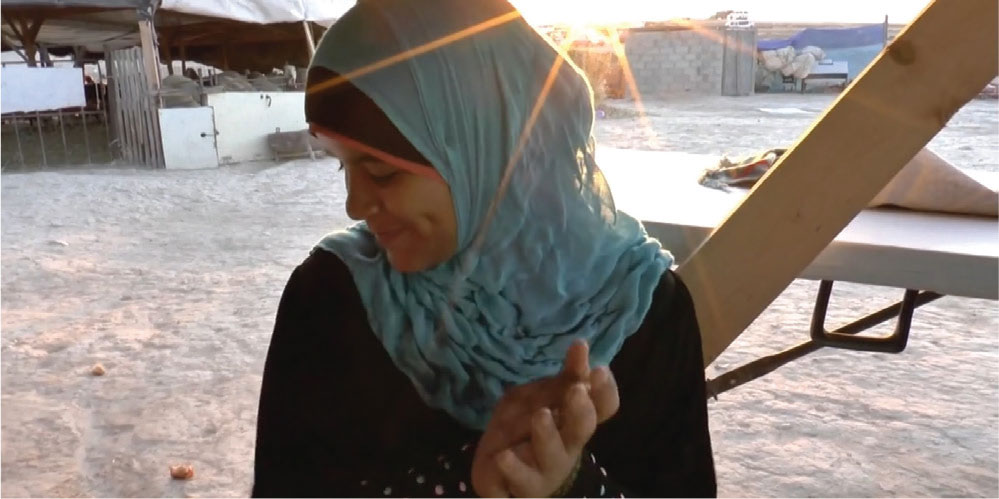Documentaries Without Borders
SECOND SUNDAY CULTURE FILMS began in 2010, after I proposed a film series connecting the Wolf Humanities Center annual topic to a cultural theme. The Center’s highly creative humanities topics seemed to provide a framework for gathering cultural perspectives.
Each year, I select documentary films made by independent filmmakers from all over the world. Our screenings are often national premieres and are frequently otherwise unavailable for streaming. We use the term “culture films” deliberately, distinguishing these films from the form of ethnographic films shown in classrooms. The films that we show intend to emphasize culture from an insider point of view.

One year, the Wolf Humanities topic of Afterlives led to ruminations of past, present, and future, which then led to thinking of the human being as a time machine. The resulting film series, called Time Travel, included Australian ghost stories, a farmer in South India maintaining traditional seeds in rebellion against genetically modified crops, and a Bolivian architect making colorful, futuristic, neo-Andean buildings for wealthy Aymara market women.
Another season, the topic of Translation led to the theme of Language is Culture, which provided much fuel for curation. Dr. Jami Fisher, the talented Deaf culture scholar and Penn American Sign Language department head, helped to curate a program highlighting differences in sign language communication across cultures. The film became a springboard for members of immigrant and other underrepresented Deaf communities to tell personal stories of assimilation and otherness in the U.S.
The 2021–2022 Wolf Humanities topic of Migration was developed by renowned Penn scholar of African American literature and art, Dr. Dagmawi Woubshet. His topic led to thinking about the inverse of migration, that is, borders as they are imposed on Indigenous peoples. This season’s Culture Films series will be called Borderless. One documentary explores how ICE and the Mexico-U.S. border wall have affected the Tohono O’odham people, whose land extends from Sonora, Mexico to Central Arizona. While browsing the hashtag #WeDidntCrossTheBorderTheBorderCrossedUs, I found an interview with Sàmi activist Àslat Holmberg about the division of relatives and disruption of reindeer herding patterns caused by the enforcement of borders in Norway and Finland. This inspired a program of shorts curated from Sàmi film festivals.
The 2021–2022 series also includes films about the continuing challenges of formerly nomadic Bedouins, tra- ditional beekeeping practices as a metaphor for arbitrary borders in East Timor, and the repression of the Uyghur people by the Chinese government. Speakers for this series include esteemed Penn faculty, as well as specialists from other universities, who facilitate an inviting atmosphere in which audiences are welcome to join a conversation.
In the end, we hope to foster greater appreciation for one another and the diversity of human experience.
Kate Pourshariati is Film/Media Archivist and Curator of Second Sunday Culture Films.
